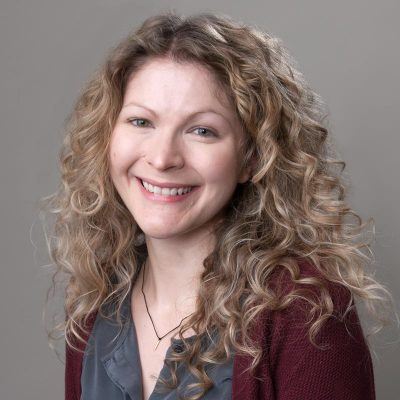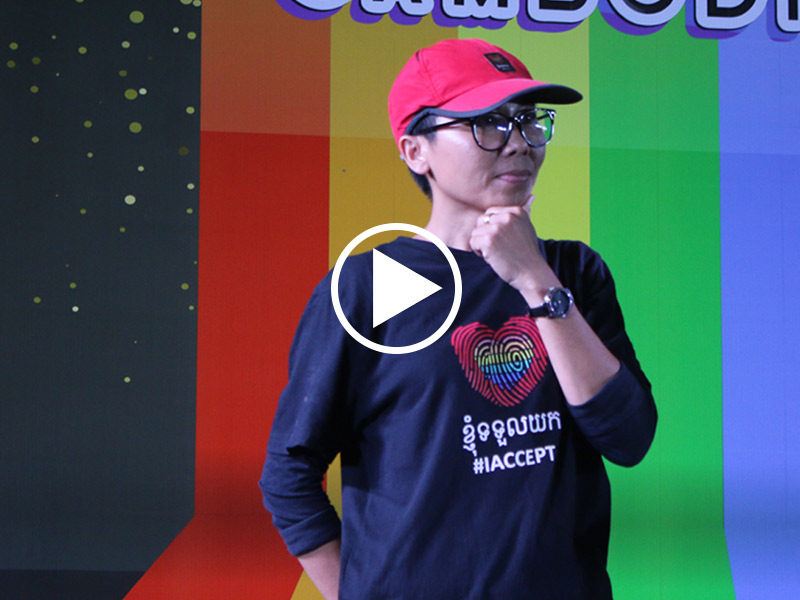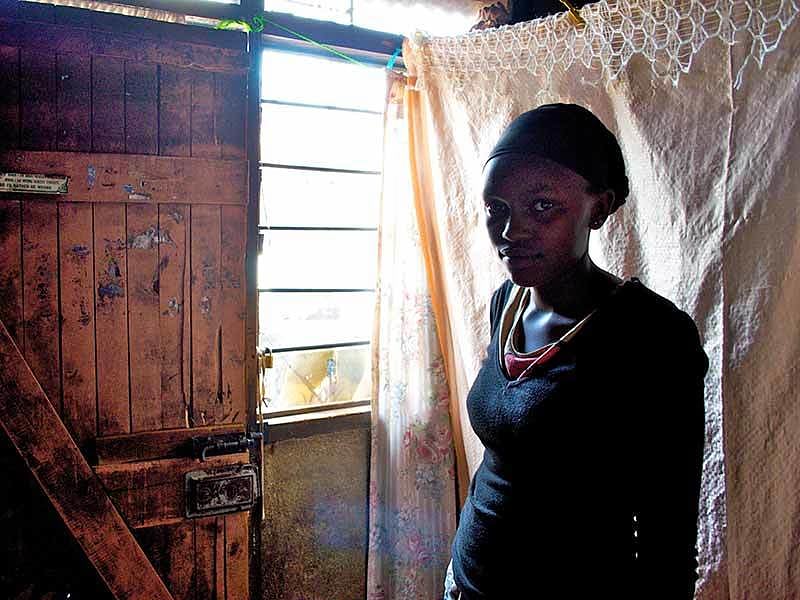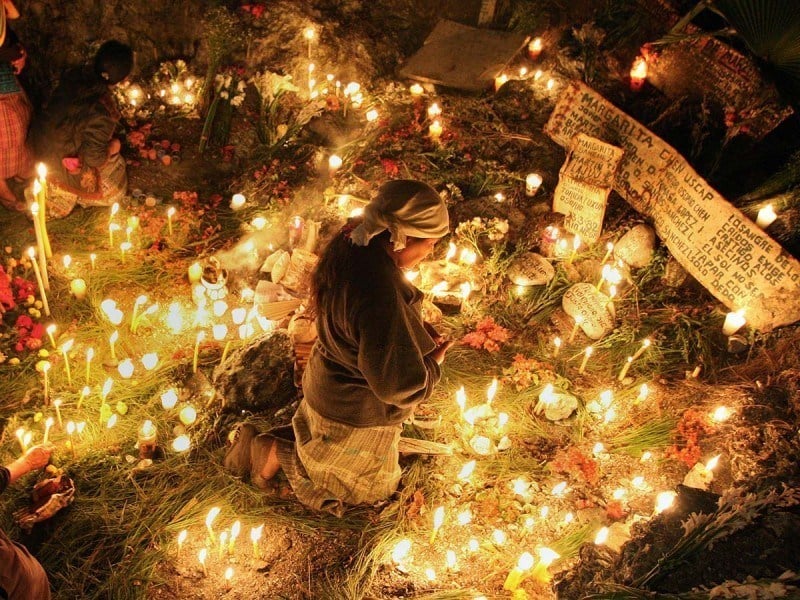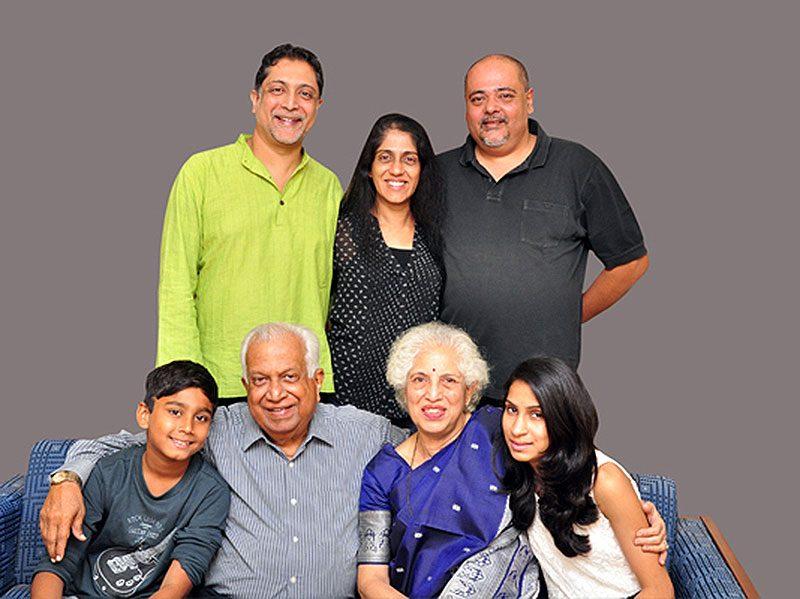Rainbow Community Kampuchea (RoCK) brings LGBT people from throughout Cambodia together to reflect on their experiences of discrimination and ignorance. By creating a strong LGBT community, RoCK hopes to advocate for change—in LGBT lives and in society at large.
AJWS staff visited RoCK members for a special International Human Rights Day event in Phnom Penh, then traveled to a rural village where several LGBT couples have made strides in gaining acceptance from local officials and neighbors.
On a leafy, quiet street in Phnom Penh, a group of men and women from across Cambodia spent an afternoon talking about love and loss. In the past, their stories had rarely been told and were seldom met with empathy or support—simply because the storytellers weren’t heterosexual.
AJWS grantee RoCK—Rainbow Community Kampuchea—brought nearly 100 LGBT individuals together to celebrate International Human Rights Day and build a sense of community in a country where LGBT people are often treated poorly. They offered up story after story, demonstrating how discrimination and ignorance can affect individual lives—and how different LGBT people cope with it.
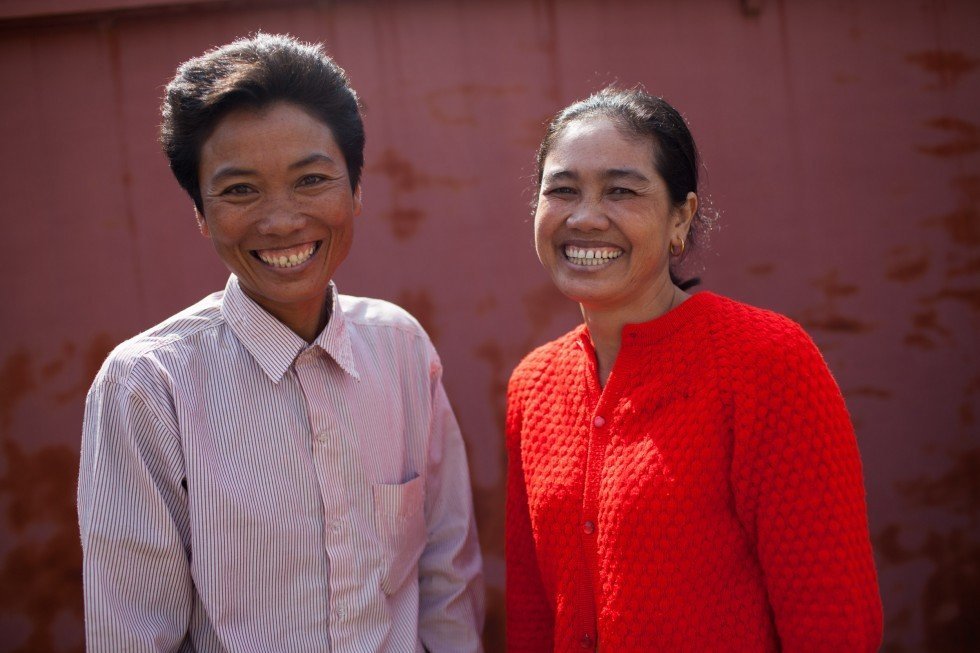
There was the young person in baggy jeans and a t-shirt, who was born female and loved women, but who didn’t feel like a woman himself. His family berated him when he started wearing men’s clothes, and his mother forced him to put on dresses despite his protests. So he ran away from home, and eventually found a girlfriend. His parents asked him to come home, and he did—but he still struggles daily to connect with them. “A lot of people say I’m killing my mother. That I bring down the dignity of the family,” he said. “I don’t think [that I am sinful,] but I think I make my mother upset … I know that I cannot change. And the closer I am to my parents, the more they restrict my freedom.”
Some stories started off happy, but didn’t stay that way. There was the lesbian whose parents supported her relationship with a woman, who she stayed with for 12 years. They even had a wedding, officiated at her village’s government office. She saved up money and built a house for them to live in together. But one day, the wife decided to marry a man, so she could get pregnant; she thought this was the only way she could have children and a family, a normal life. The breakup left the woman devastated, emotionally and financially. At one point, she considered ending it all and jumping off a bridge.
“She didn’t ask me to forgive her, but she asked me to forget her,” she said, offering the lesson she had scraped from her heartbreak: “Don’t love someone more than you love yourself.”
Alongside the tragedies, stories of hope emerged. Some couples had brought along their local elected officials to talk about the ways in which they’ve tried to advance LGBT rights, such as approving government identification documents with the gender selected by the applicant, as opposed to listing the sex at birth. A lesbian woman stood up to share that her homophobic brother had tried to convince local officials to arrest her on trumped-up charges—same-sex activity isn’t illegal in Cambodia—but the head of the village refused and stood up for her rights.
Srorn Srun, the RoCK coordinator at the event, asked couples to come forward who had been together for more than 30 years. Two lesbian couples walked to the front of the room.
“I, and my wife, have been together since 1976. Of course, sometimes we don’t get along,” one of the women said. “That’s normal. That’s life … We can only live peacefully if we support each other. Forgiving is important.”
Then everyone sang a traditional Khmer wedding song, and the couples did what Cambodian brides and grooms do: they got tied together by a thin red thread, receiving little bits of money like blessings, pressing the bills gently between their palms.
Srorn cheered them on. “Please, kiss!” he said. “Everyone needs to understand that everyone defines family differently. We are like family, so please feel free to express yourself freely.”
The couples kissed. They promised to live in harmony and peace, forever. The crowd smiled and clapped. For the moment, at least, it seemed like a happy ending.
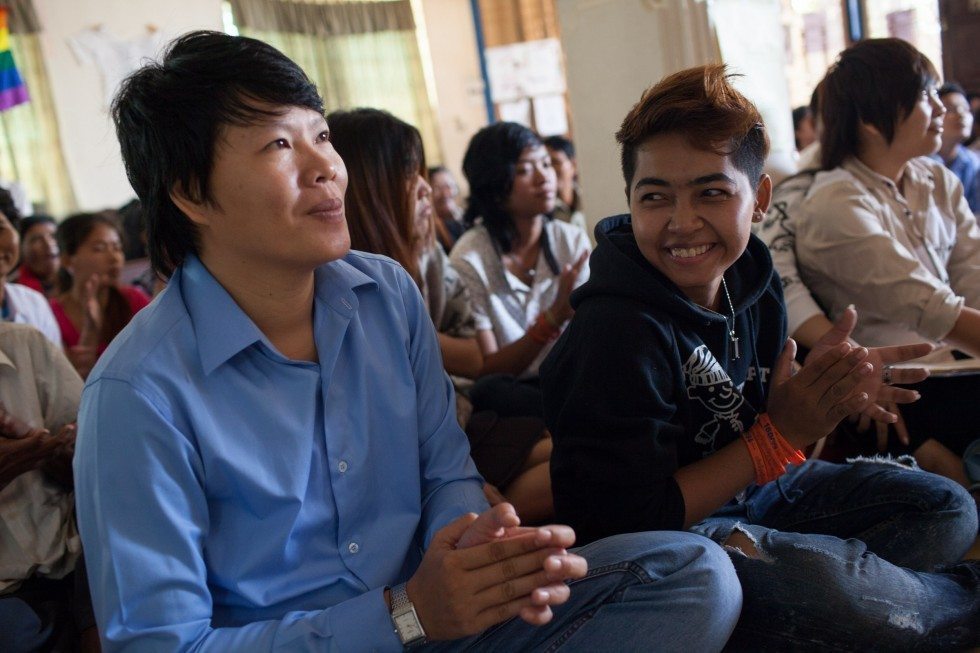
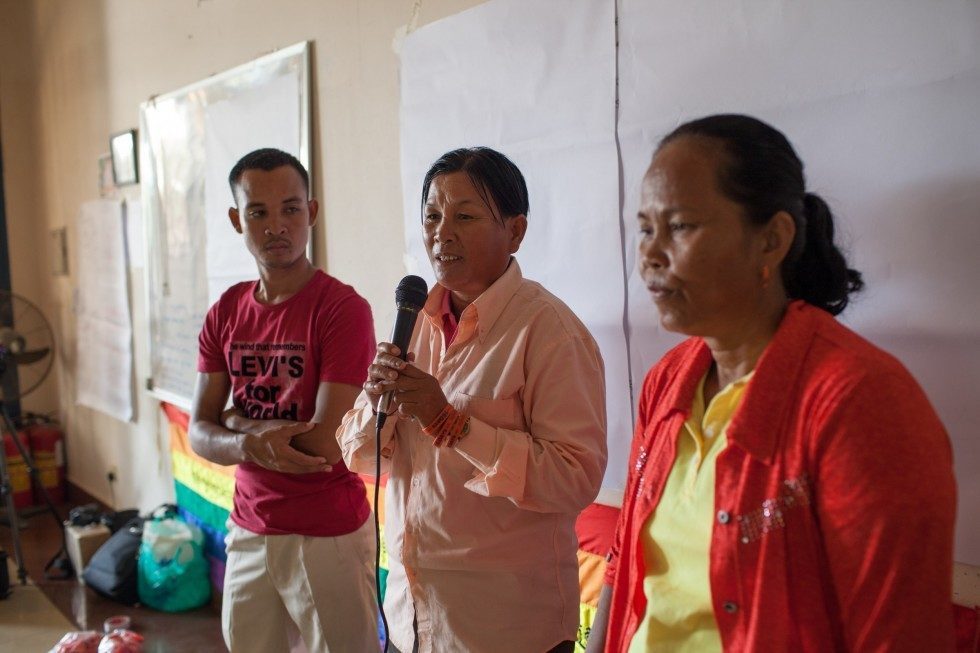
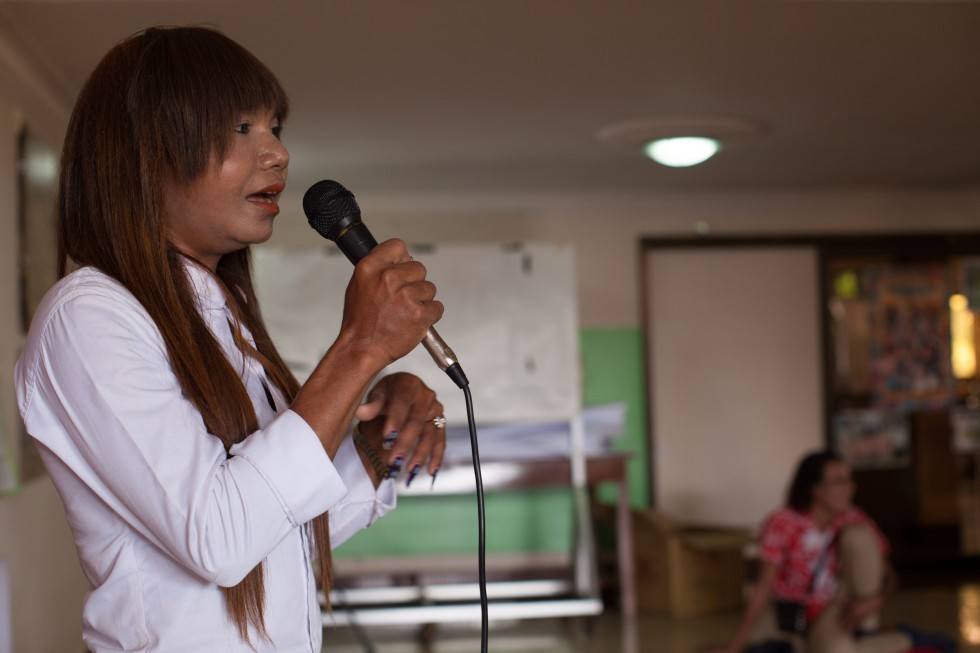
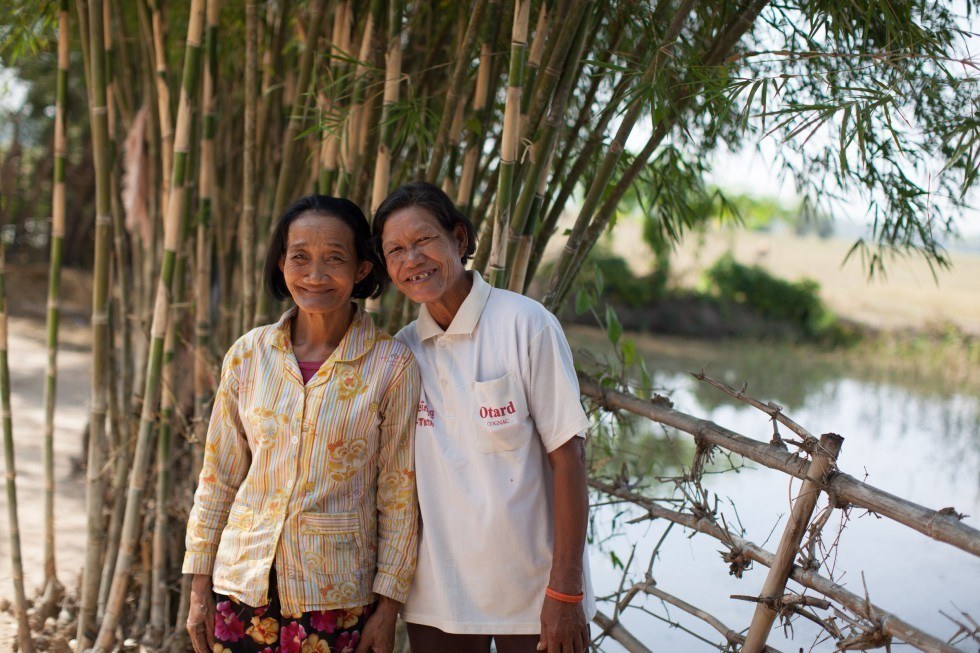
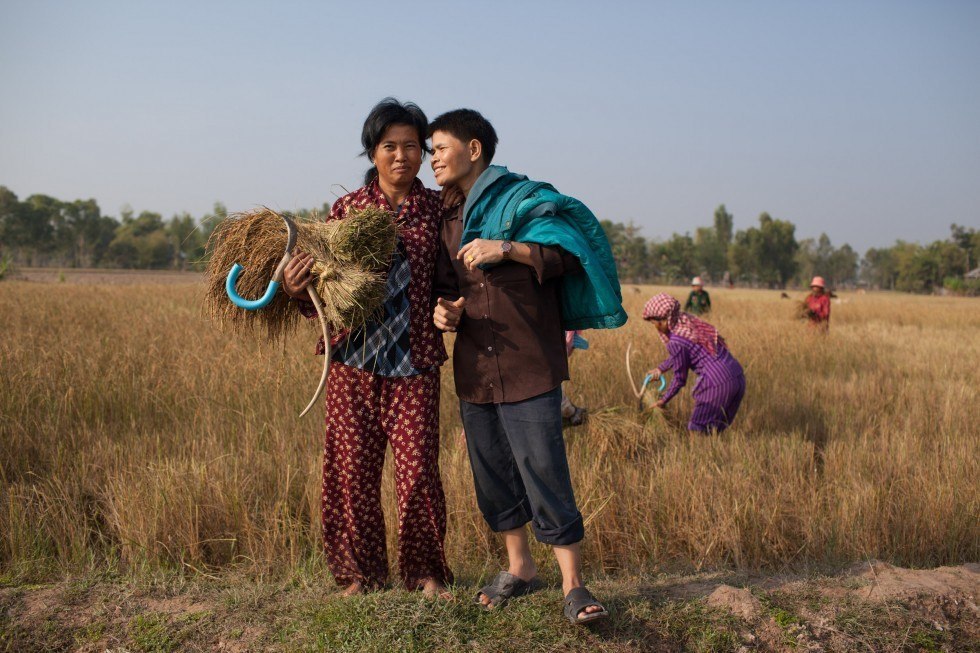
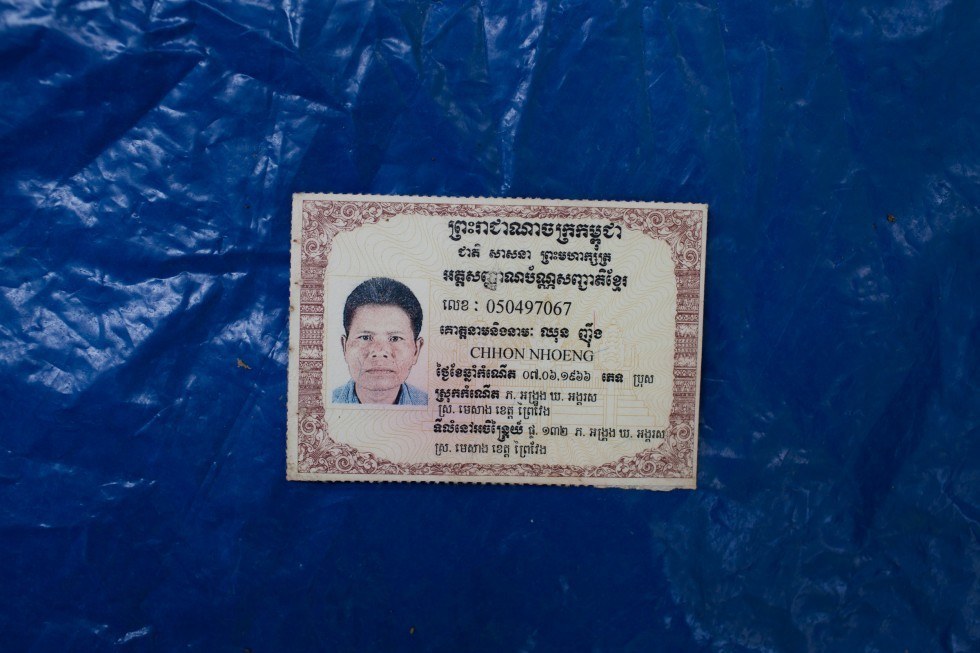
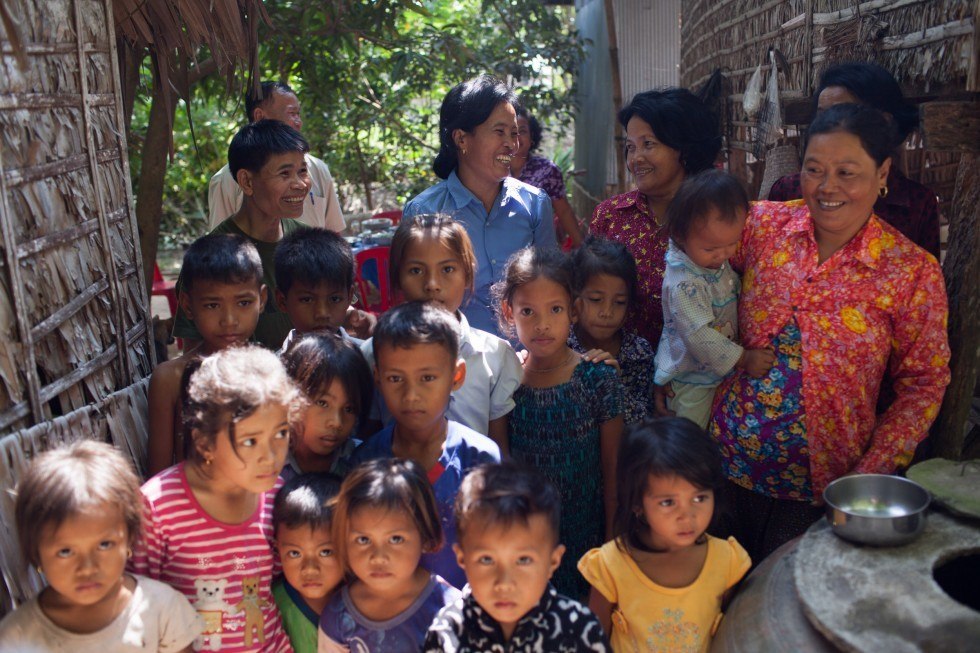
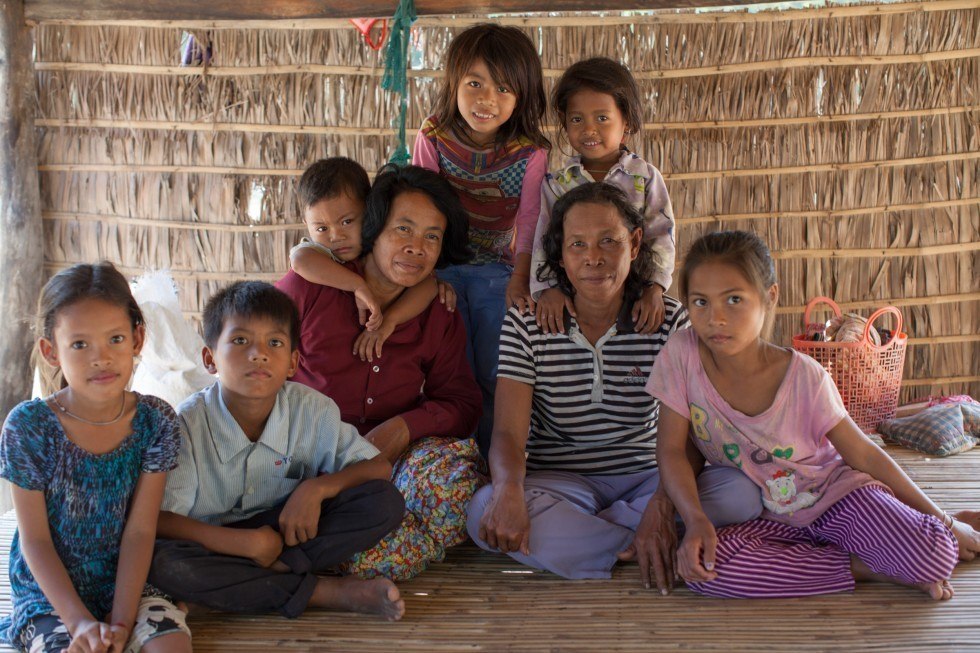
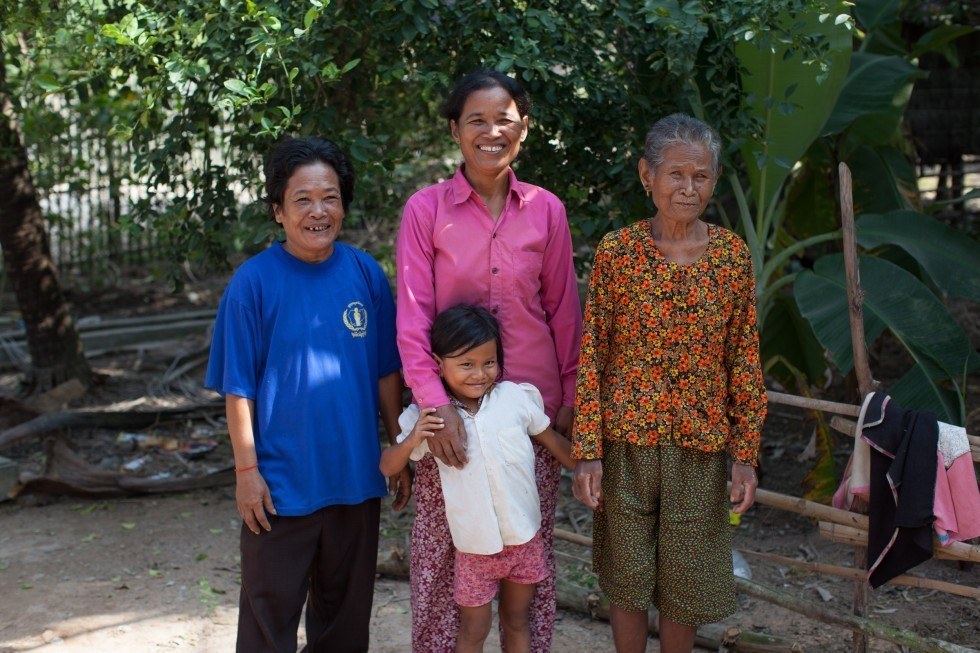
AJWS’s work in countries and communities changes over time, responding to the evolving needs of partner organizations and the people they serve. To learn where AJWS is supporting activists and social justice movements today, please see Where We Work.

